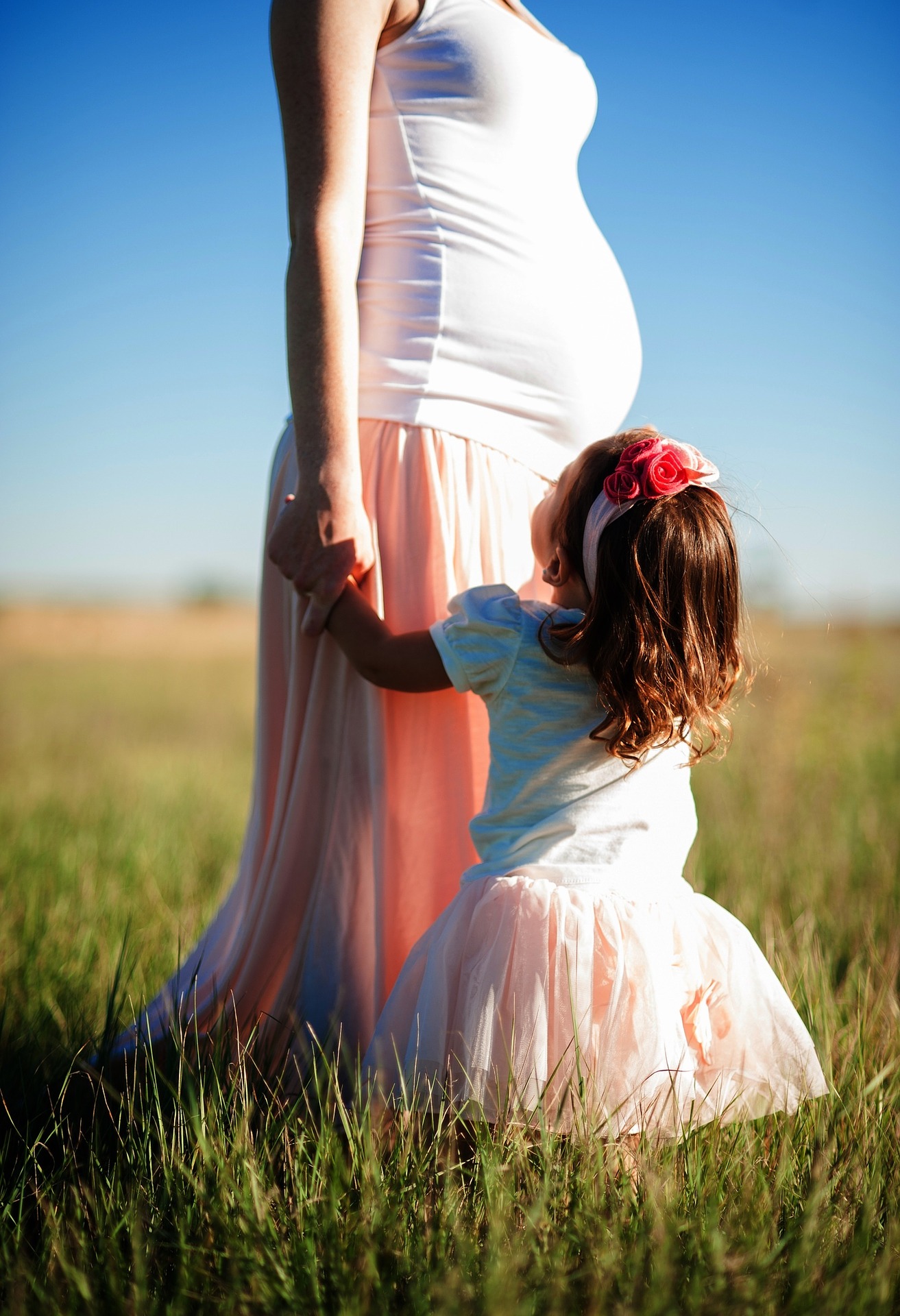A common question we hear from new mothers is “how long should I wait before I can become pregnant again?”
Many women struggle to find balance between their vision of what they want their family to be, a ticking biological clock, and the health risks associated with becoming pregnant too soon.
A new Canadian study published in the journal JAMA Internal Medicine helps us answer this question. The study looked at the time between pregnancies and the associated risk to both mother and baby in 150,000 pregnancies.
The study found that waiting periods — “interpregnancy intervals” — of less than 12 months were associated with increased health problems for both mother and baby. But, it also identified a shorter optimal interpregnancy interval than previously thought — 12-24 months — for women of all ages.
While the study reported that interpregnancy intervals of less than a year posed a risk to both mother and baby:
- The risk to babies was highest among younger women (20 – 34). These risks included prematurity, stillbirth and growth restriction.
- The risk to mothers was highest among older women (35 and older). These risks included serious injury or illness and death.
While this study again confirms a link between short interpregnancy intervals and health risks, it confirms that having children relatively close in age can be safe as long as you wait at least a year between pregnancies. Having a plan for birth control between pregnancies can help you reach this goal.
Other factors to consider when planning another child:
- Your energy level – toting an infant while chasing a toddler can wear down even the most energetic women
- Other commitments – work, education plans, caring for aging parents, etc.
- Finances
- Your age
- Your planned family size
It’s important to remember that every woman is different. Speak with your primary care provider or gynecologist about what’s best for you.

.png)
